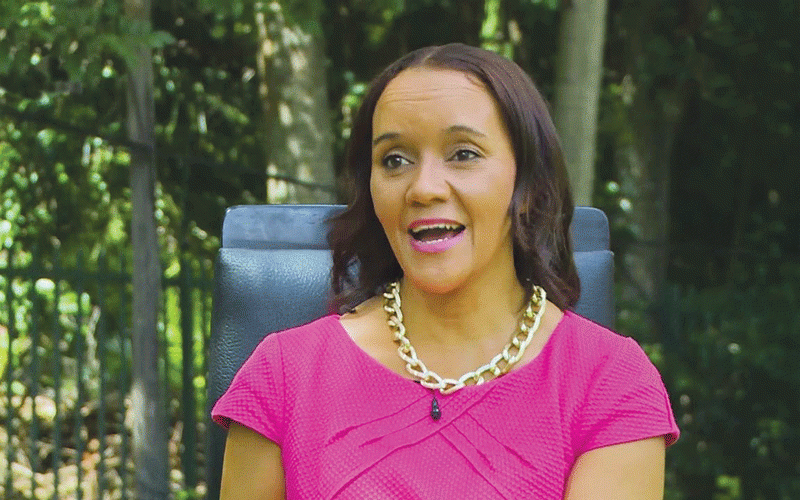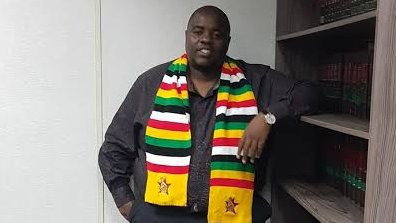
Women’s rights lobbyists have branded the inclusion of opposition leader Elisabeth Valerio in the August 23 presidential race, following a successful appeal against the Zimbabwe Electoral Commission earlier today, insufficient in achieving gender balance on the political scene.
Valerio, the United Zimbabwe Alliance (UZA) party president, becomes the only female candidate in a field of 12 other aspirants vying for the top office after High Court judge, Justice Samuel Deme, reversed a ZEC decision to reject her nomination papers.
“We are overjoyed and thankful that justice has taken its course because we have been hopeful for this outcome as it would have been undemocratic to not have a woman on that ballot paper,” Valerio told NewsDay adding that the month-long battle had been a setback to her campaign.
“The delay has without a doubt been a disadvantage (to the campaign), we still have a long way to go in terms of women’s participation in politics but I hope my inclusion in the presidential race makes a difference and we should all make history by voting in the first female president on August 23.”
Overally, the number of female candidates for this year’s harmonised elections dropped significantly due to several challenges including the exorbitant nomination fees set by (ZEC).
In 2013, Zimbabwe adopted a pro-gender equality constitution that stipulated the reservation of 60 seats from the current 270 in parliament.
Despite this quota system, an attempt to achieve equality and encourage women’s participation in national decision-making platforms, female participation in politics remains low.
“The High Court ruling to uphold Elisabeth Valerio’s candidacy for the presidential election against ZEC’s decision is good news and I wish Elisabeth the best in the race,” Institute for Young Women’s Development (IYWD) team leader Glanis Changachirere said.
- Voters’ roll saga casts shadow on by-elections
- Voters’ roll saga casts shadow on by-elections
- ‘Zim needs new leaders’
- Nurse recruitment bottlenecks handicap women
Keep Reading
However, according to Changachirere, engaging the High Court to appeal for her inclusion is a clear indication of something fundamentally wrong with local policies as well as implementation of laws.
“It is unfortunate and deeply concerning that women have to suffer this much just to be able to use their constitutionally guaranteed rights to participate and represent their constituencies.”
Women account for more than 52% of Zimbabwe’s population while they also constitute about 54% of registered voters, yet their participation as candidates in polls is low.
Labour, Economists and African Democrats (LEAD) president Linda Masarira weighed in saying although Valerio's inclusion is “a baby step towards achieving gender balance”, it is not enough in terms of gender balance.
“There is no democracy without women, and surely women can't just be good enough for casting the vote and not being voted for,” Masarira said.
Masarira, who is also appealing against ZEC’s decision to sideline her from contesting for presidency, added that various stereotypes have been used to undermine their capability to be active in politics.
“Sadly, our political economy is misogynistic and hostile towards women to the extent that we have the least number of women participating for parliamentary seats this year compared to 2018. Having only 70 women candidates out of 637 is a real cause of concern,” said Masarira.






